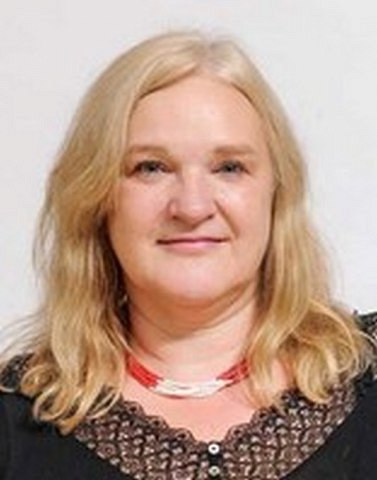Czech Business Today
EESC Corner: Fostering an entrepreneurship and innovation-friendly Single Market – promoting new business models to address societal challenges and transitions
According to World Bank data, on average, the European Union is 53rd in the world rankings on the ease of starting a business and ranked 29th on the overall ease of doing business. The United States, however, is ranked in 8th place in terms of ease of doing business. The EESC stresses the importance of supporting and encouraging business activities through administrative simplification measures.
The market for public contracts today amounts to around 16% of European GDP, worth around EUR 1.9 trillion. The new 2014 directives on public procurement and concessions aimed to consider social and environmental aspects to a greater extent in public procurement procedures managed by national public administrations. But there is still a long way to go to reach this objective. It is now recognised that we need to pursue a social market economy which, while making smart use of new technologies, manages to address the major challenges relating to sustainability, climate change and reducing inequalities.
The EESC takes the view that the business world can play an active and important role here, along with the public institutions. In particular, this contribution may come from businesses of the real economy that create value and jobs, without the speculative use of financial means. Given the wide variety of economic models and types of company in Europe, it is important that legislative proposals concerning businesses, the economy and the internal market are not uniform, thereby rejecting the one-size-fits-all approach and making the most of the “biodiversity of companies”. The European institutions must support the development of artificial intelligence and the proper use of big data, both by creating appropriate rules to guarantee the development of such technology while respecting individual rights and by investing European and national public resources in a coordinated manner so as to ensure that the EU is competitive on a global scale.
More specifically, big data and its potential should also be accessible to SMEs. Measures to facilitate SMEs’ access to credit, such as the Juncker plan and the COSME programme and, in the future, the InvestEU programme should continue to support SMEs and social enterprises that often struggle to grow because of liquidity problems and under-capitalisation. The development of a European venture capital market should also be actively encouraged. The need to ensure social cohesion and fairness for an ageing and dwindling European population points to the future role that can be played by social and mutual enterprises. More work therefore needs to be done to make the most of such enterprises, which enable people to organise themselves and to work together to respond to ever-increasing social needs.
The EESC notes the need to recognise and support the role that SMEs, family businesses, social economy enterprises, craft businesses, small traders and farmers play in promoting and spreading entrepreneurial spirit focused on the role of people and local communities, thereby helping to build the European model of an inclusive single market.

Marie Zvolská
Group I – Employers





